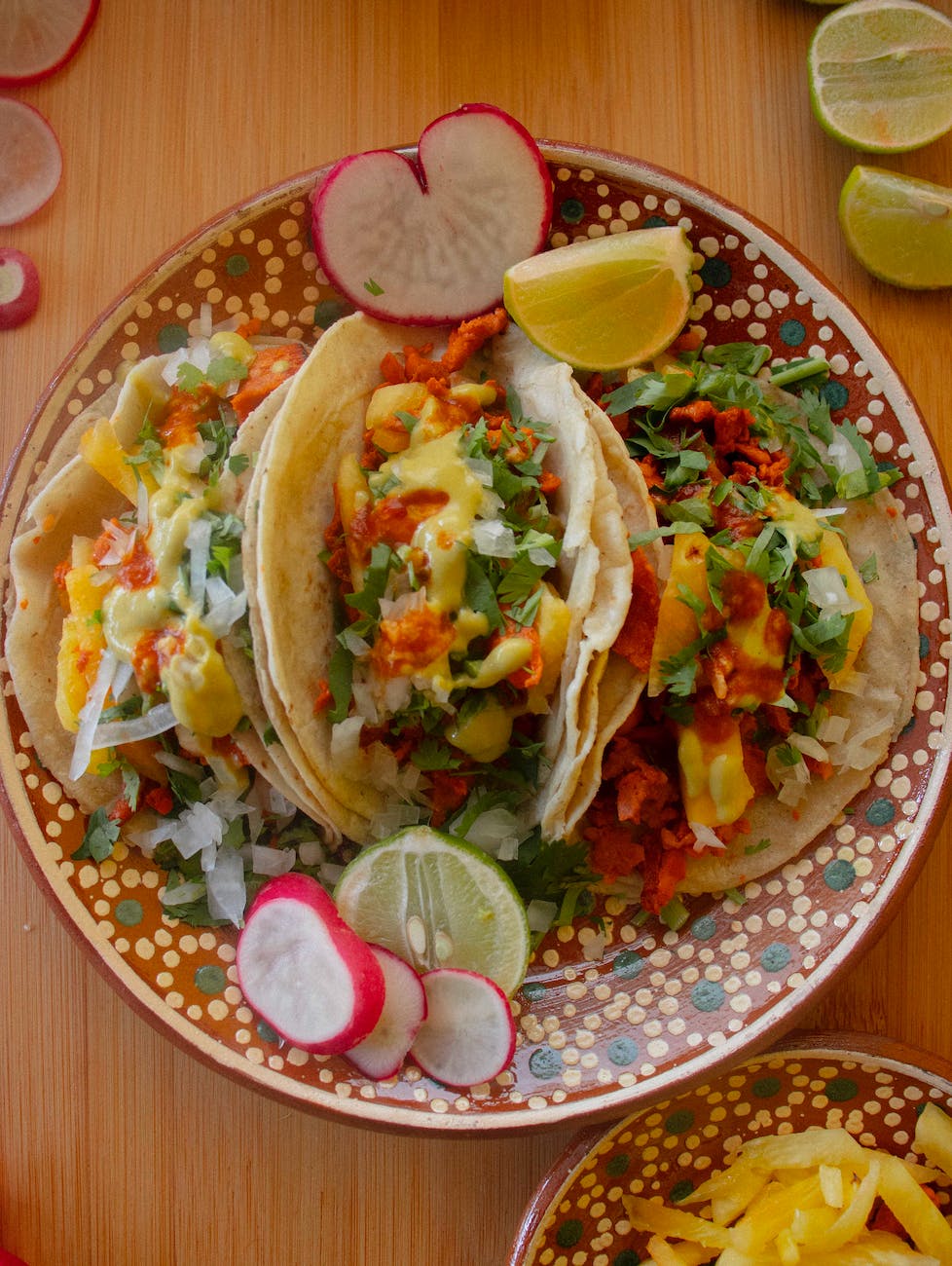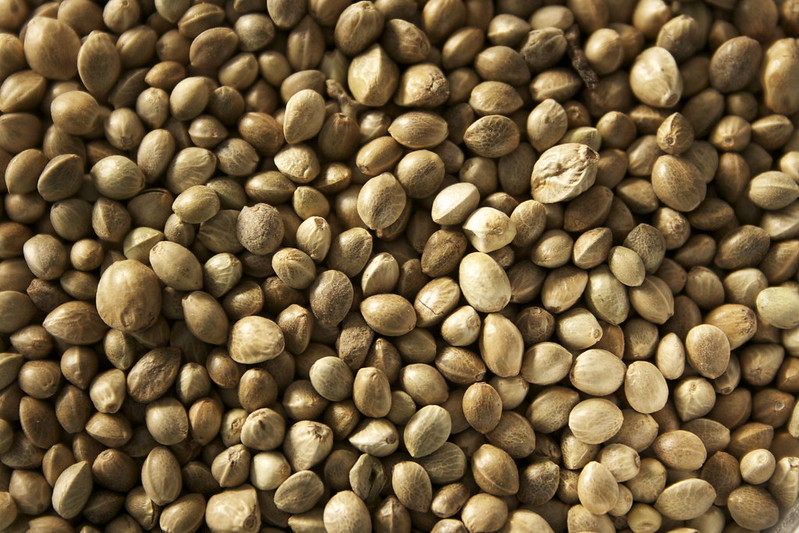
Red meat has long been a staple in many diets around the world, but recent research has shed light on the potential health risks associated with excessive consumption. If you’re considering cutting back on red meat or exploring plant-based alternatives, this blog post is for you. We’ll delve into the potential benefits of reducing red meat intake, discuss the science behind its impact on health, and provide practical tips on incorporating more plant-based options into your diet. Let’s dive into the world of red meat and its relationship with your well-being! 🥩🌱
Understanding the Potential Benefits of Reducing Red Meat Intake 🥩🌱
1. Reduced Risk of Chronic Diseases:
Excessive consumption of red meat, particularly processed red meat, has been linked to an increased risk of chronic diseases such as heart disease, stroke, type 2 diabetes, and certain types of cancer. By cutting back on red meat, you can potentially lower your risk of developing these conditions and promote better long-term health.
2. Improved Heart Health:
Red meat, especially when high in saturated fats, can contribute to elevated cholesterol levels and increase the risk of heart disease. By reducing your intake of red meat and opting for leaner protein sources like fish, poultry, legumes, and tofu, you can improve your heart health and reduce the risk of cardiovascular problems.
3. Weight Management:
Red meat is often calorie-dense and high in fat, which can contribute to weight gain when consumed in excess. By replacing some of your red meat meals with plant-based alternatives, you can reduce your calorie intake, increase fiber consumption, and support weight management efforts.
4. Environmental Impact:
The production of red meat, particularly beef, has a significant environmental impact, including greenhouse gas emissions and land and water usage. By reducing red meat consumption and embracing more plant-based options, you can contribute to sustainability efforts and lessen the environmental footprint of your diet.
The Science Behind Red Meat and Health: What Research Reveals 🥩🌱🔬
Numerous scientific studies have highlighted the potential health risks associated with excessive red meat consumption. Some key findings include:
1. Increased Cancer Risk:
Research suggests that high intake of red and processed meats may increase the risk of colorectal, pancreatic, and prostate cancers. The mechanisms behind these associations are not yet fully understood, but factors such as the formation of carcinogenic compounds during cooking and the presence of harmful additives in processed meats are believed to play a role.
2. Heart Disease and Stroke:
Regular consumption of red meat, particularly when high in saturated fats, has been linked to an increased risk of heart disease and stroke. Saturated fats can raise LDL (bad) cholesterol levels, leading to plaque formation in the arteries and increasing the likelihood of cardiovascular problems.
3. Type 2 Diabetes:
Studies have found that higher intake of red meat, especially processed red meat, is associated with an increased risk of developing type 2 diabetes. The exact mechanisms are not yet fully understood, but factors such as the heme iron content, high-fat content, and the impact on insulin sensitivity are thought to contribute to the association.
Practical Tips for Reducing Red Meat Intake and Embracing Plant-Based Alternatives 🥩🌱
If you’re ready to cut back on red meat and explore plant-based options, here are some practical tips to get started:
- Start Slowly: Begin by reducing the frequency of red meat consumption. Start with one or two meatless days per week and gradually increase from there.
- Experiment with Plant-Based Proteins: Explore the wide variety of plant-based proteins available, such as legumes (beans, lentils, chickpeas), tofu, tempeh, seitan, and quinoa. Experiment with different recipes and cooking methods to discover flavors and textures that appeal to you.
- Embrace Meatless Meals: Incorporate more meatless meals into your weekly menu. Explore cuisines that naturally lend themselves to plant-based options, such as Mediterranean, Asian, or Mexican cuisine.
- Try Meat Substitutes: Explore the growing range of meat substitutes, including veggie burgers, plant-based sausages, and meatless crumbles. These alternatives can provide the taste and texture of meat while being entirely plant-based.
- Get Creative with Whole Foods: Focus on incorporating whole foods like fruits, vegetables, whole grains, nuts, and seeds into your meals. Get creative with colorful salads, hearty grain bowls, and flavorful stir-fries to ensure you’re getting a variety of nutrients and flavors.
- Seek Recipe Inspiration: Look for plant-based recipe blogs, cookbooks, or online communities to find recipe inspiration and support as you transition to a more plant-centric diet.
Conclusion: Redefining Your Relationship with Red Meat for Better Health 🥩🌱
Reducing red meat consumption and exploring plant-based alternatives can have numerous benefits for your health, including a reduced risk of chronic diseases, improved heart health, weight management, and a positive impact on the environment. By incorporating more plant-based foods into your diet and embracing a variety of nutrient-dense options, you can discover a world of flavors, support your well-being, and contribute to a more sustainable food system. Remember, it’s about finding a balance that works for you and prioritizing your long-term health.










